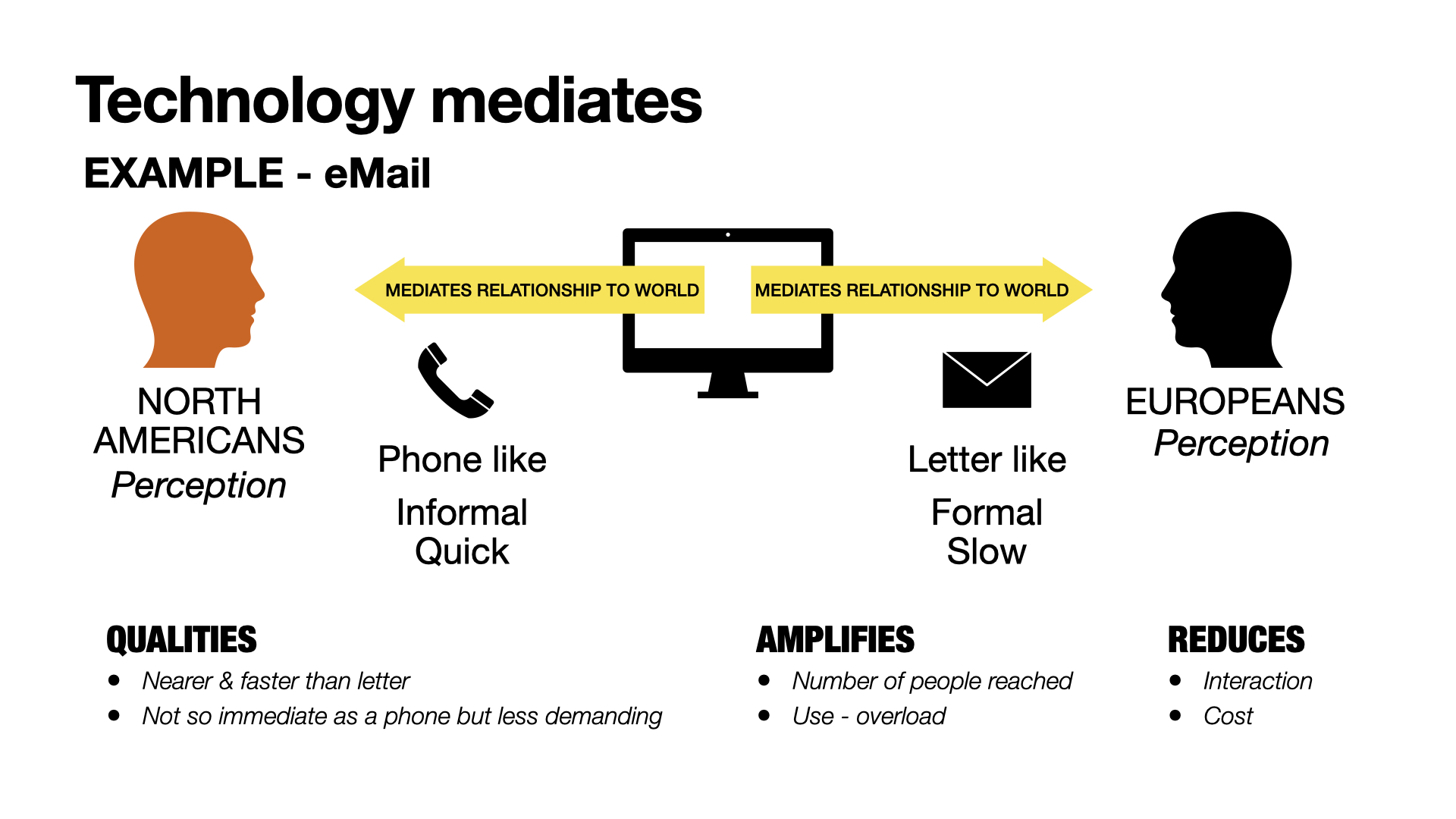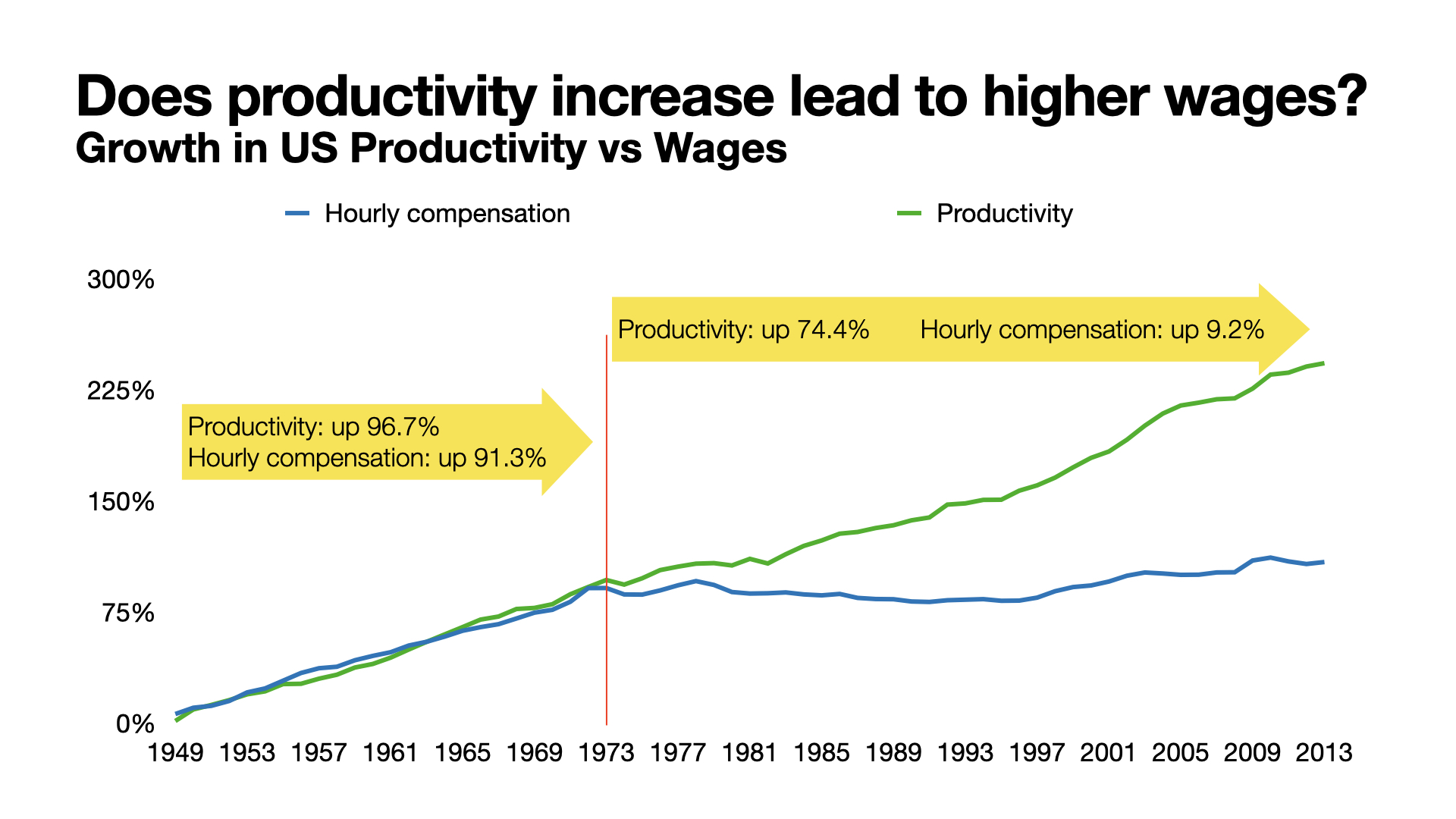Search for answers or browse our knowledge base.
Is technology neutral?
0 out of 5 stars
| 5 Stars | 0% | |
| 4 Stars | 0% | |
| 3 Stars | 0% | |
| 2 Stars | 0% | |
| 1 Stars | 0% |
Guns don’t kill people, people kill people
So runs the NRA slogan in their ongoing attempt to avoid more gun regulation in the USA. The implication behind this slogan is that technology is neutral, it’s what we do with it that matters. It is a view held by many people, including Christians and those that develop technology, but is this really a tenable position for us to hold?
Ontology of Technology
Over the last 100 years or so, philosophers of technology have sought to define whattechnology is and approached it from a number of perspectives. One perspective holds that an artefact or tool is simply something that extends human capabilities and enables us to accomplish our objectives. Studied from this perspective the emphasis tends to be on how technology enables us and influences our actions. How might the advent of email have altered our writing habits or communication modalities for example, do we use the phone less, and so on. Typically in this light technology is most often seen as offering convenience and efficiency, we can do things faster and easier, not bad outcomes, one might think.

Technology is value laden
Other philosophers have argued that this is too narrow a view of technology and that we need to understand the values that lie behind the design and development of a tool, and indeed how tools shape societies as they are used. Some would go further and add that it’s also necessary to understand how we got there, what were the conditions that predisposed designers to think such a tool was necessary in the first place. They would argue that technology doesn’t just appear, there are choices to be made, influenced by economics, culture and politics.
Amplifying and reducing
The late philosopher of technology, Don Idhe, suggested that technology has an amplifying and reducing effect. This idea can be easily understood when we think about how a telescope enable us to see far distant planets yet at the same time narrows our field of vision. Such insights can be helpful as we shall see later, in considering how technology impacts for good or for bad.
The example of social media
A simple and well documented example of this is the way in which social media platforms use software that has been designed to appeal to our vices, rather than our virtues, to keep us engaged on the platform. The motivation for this is to sell more advertising that pays for the ‘free’ platform we use. As users of social media, we have a choice of how much time we spend, what rabbit holes we go down, how we interact and whether we allow ourselves to become addicted to it. Unfortunately the platform design is set up to promote bad behaviour rather than virtuous. Fake news is viewed 6x more than real news, and many people become obsessed with their following and how to keep the ‘likes’ up. This can lead to narcissistic behaviour and the public toxic spats, that are all too familiar on social media, leading to a greater polarisation of opinion. But why would companies and individuals develop and use technology in this way?
Powerful elites
It is significant that much of the AI technology that has been developed in the West has been carried out by a relatively small number of Big Tech companies, like Amazon, Google and Meta. These and other large companies, like Microsoft and Apple, have also had the resources to acquire or invest in other specialist AI companies such as Open AI and the British company Deep Mind. Since 2016, nearly 500 billion dollars have been invested in this sector so there s a huge vested interest in seeing it succeed. For the likes of Google and Meta, their business model depends on keeping the user as the product, sucking in all their data, profiling users and selling these to advertisers and others.
An arms race
The mantra of the leaders of tech companies and their PR departments is that this technology will benefit humanity, solving the worlds problems, through things like faster drug discovery. We are told that it will significantly improve productivity and might even lead us to the point where many won’t need to work and will subsist on a type of Universal Credit. This mantra that has now been adopted by many politicians, including the current prime minister, coupling innovation and productivity as necessary for economic growth. It is clear that there is an arms race with many Western countries seeking to outdo China and come out on top.
Artificial intelligence is the future, not only for Russia, but for all humankind, it comes with colossal opportunities, but also threats that are difficult to predict. Whoever becomes the leader in this sphere will become the ruler of the world
Vladimir Putin
Talk to Russian Children , 2017Economic realities
The reality for digital technology is however somewhat different, at least as far as its economic benefit to the general population. In the USA, the years between 1973 and 2013 saw productivity improve by 74.4%, yet the hourly compensation of workers increased by only 9.2%. During this period however, the median wage gap between the lowest and highest paid workers widened very significantly with the lowest decreasing to -5% and the highest increasing 41%. In the earlier period between 1949 and 1973 however, wages kept pace with increasing productivity, up 96.7% with wages up 91.3%.

Power & Progress
In their book, Power and Progress, MIT economists Acemoglu and Johnson survey a 1000 years of technology progress and argue that it is mostly the elite and powerful that benefit from innovation. They cite the example of the industrial revolution to show that it takes pressure from ordinary people and government regulation to ensure that the economic benefits of improved productivity flow down to the workers. Automation in the 1980s displaced a significant number of blue collar workers. Today, AI applications are impacting white collar workers and professionals in all spheres from the creative arts, accounting, the law to medicine along with office workers using Microsoft’s Copilot, embedded in Office 365
A small number of people are going to be on top — they're going to design and use those technologies — and a very large number of people will only have marginal jobs, or not very meaningful jobs.
Daron Acemoglu
Professor of Economics, MITA corporate agenda
We need to be mindful of the agenda behind the promotion of AI applications like ChatGPT and many other similar capabilities. These companies care less about the impact on society and individuals than the profits that they seek to accrue. This shapes the design and marketing of these tools and how they are being deployed.
The examples of social media, search engines and even online shopping, are instructive as the aim is to create as frictionless as possible interface to the platform to encourage engagement, to stay on the platform, to purchase more goods. The more immersive the experience is whether on a smart phone or tablet, the more users are sucked in and the more likely they are to become addicted. It is ironic that many of the leaders of these companies have recently warned of the existential risks that advanced, so called Frontier AI, presents to humanity.
So successful has this agenda setting been that the UK hosted the first global summit on AI safety in November 2023. Safety Institutes have now been set up by the UK and US with other countries likely to follow. Unfortunately these institutes are seeking to address specific future risks rather than the here and now risks that AI applications are posing to society at large, through the way that they shape us. They are also not addressing the concerns of minority or marginalised groups have over specific risks such as data bias, privacy and injustice from prejudicial automated decisions.
Shaping our world
We need to step back from our engagement with technology, especially the digital world, and consider how, in the light of the bibles teaching, it is shaping our world, the Church and me in particular. Christians have a unique perspective when evaluating the impact of technology because, as we considered in the last article, we are made in God’s image, to be stewards and for embodied relationship. In addition we understand that we live in a cursed and fallen world as a result of our rebellion against God, our desire for moral autonomy.
References
EPI analysis of Current Population Survey Outgoing Rotation Group microdata from the CPS survey conducted by the Bureau of the Census for the Bureau of Labor Statistics [machine-readable microdata file]. Washington, D.C.: U.S. Census Bureau. https://www.epi.org/publication/charting-wage-stagnation/
0 out of 5 stars
| 5 Stars | 0% | |
| 4 Stars | 0% | |
| 3 Stars | 0% | |
| 2 Stars | 0% | |
| 1 Stars | 0% |